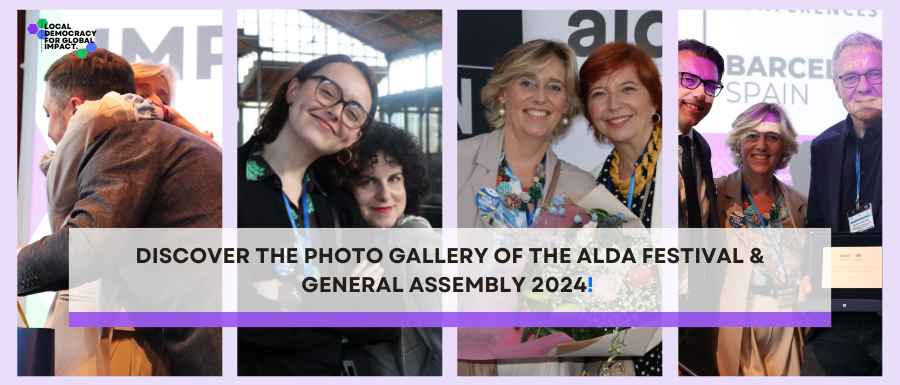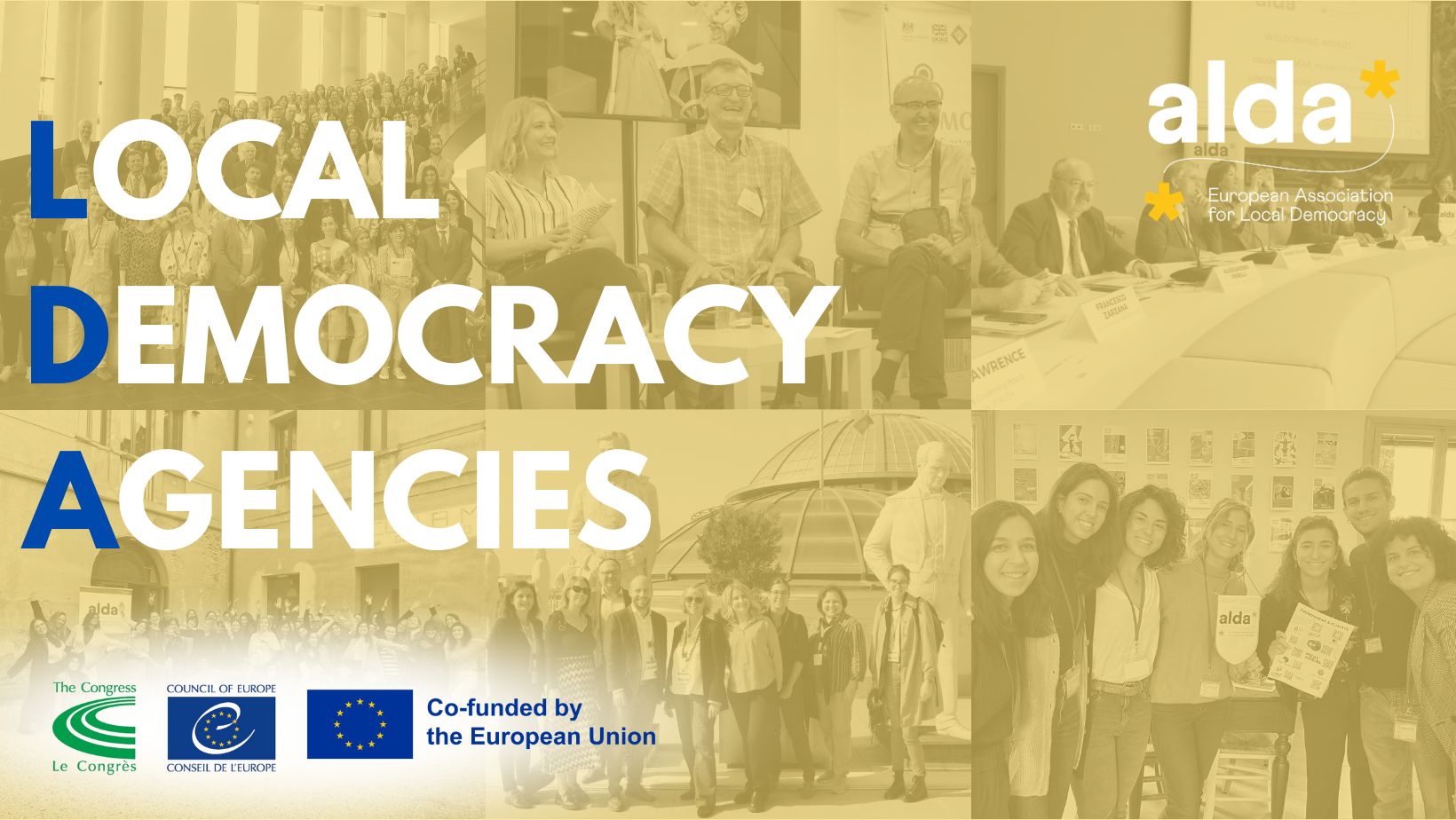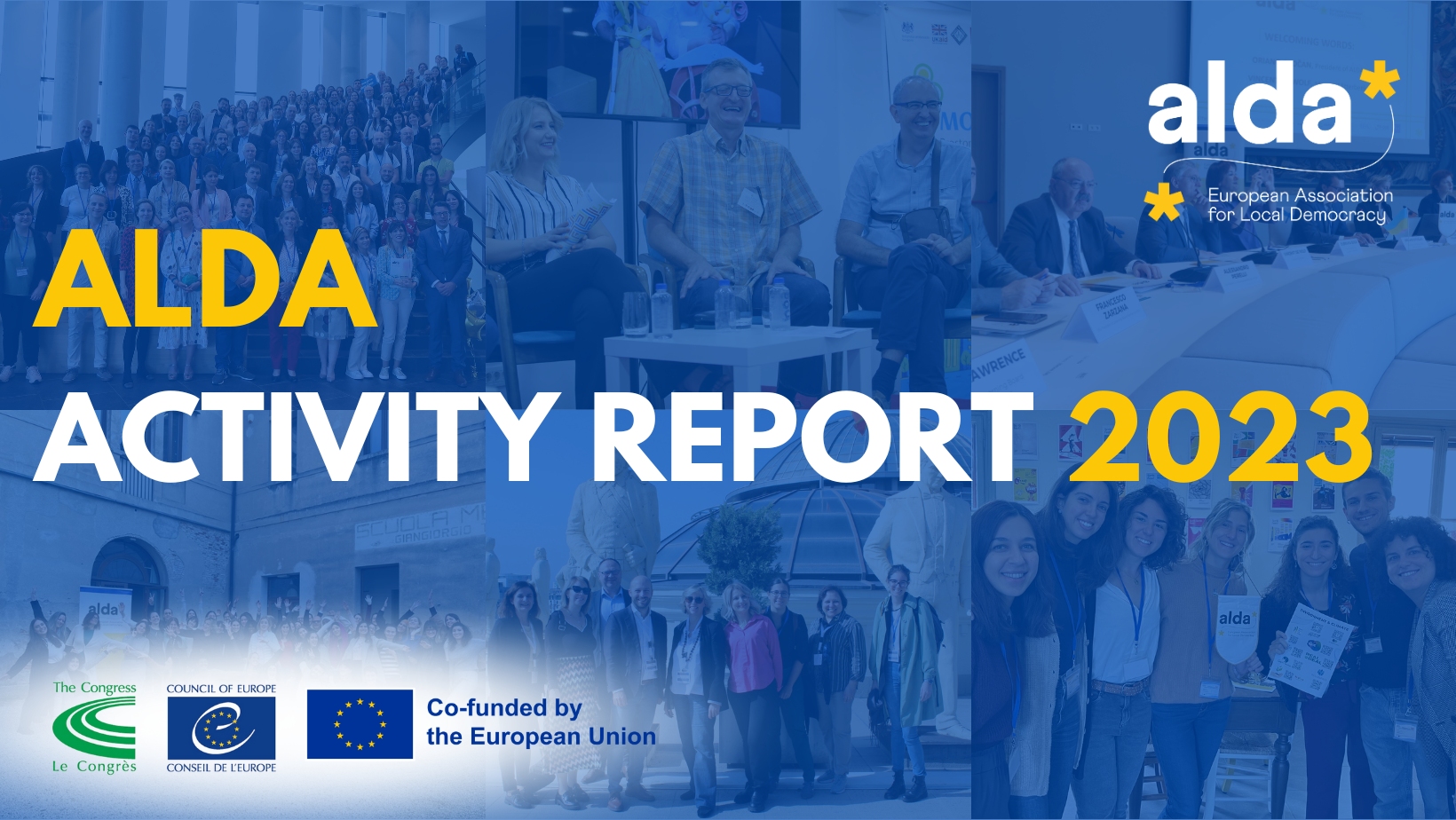
Empowering communities, building resilience: ALDA’s commitment to a sustainable, inclusive future
Climate change and environmental damage are urgent issues for the European Union and across the globe, as their effects are already being felt. For this reason there is a need to adapt more quickly and comprehensively. Climate change in fact has already led to damages to nature, losses in biodiversity and is affecting the lives of billions of people around the world, harming people’s health, their ability to grow food, housing, safety and work. Not only at European level but also at global one, environment represents a strategic priority to be addressed.
At the European level, the European Green Deal is the response of the Commission to climate and environmental-related challenges. It is a new growth strategy that aims to transform the Union into a fair and prosperous society, with a modern, resource-efficient and competitive economy. The goal of the Commission is to turn Europe into the first climate neutral continent by 2050, with no more net emissions of greenhouse gasses, aiming at an economic growth that is decoupled from resource use, without any person or place left behind. On an international level, the Sustainable Development Goals (SDGs), also known as the Global Goals, were adopted by the United Nations in 2015 as a universal call to action to end poverty, protect the planet, and ensure that by 2030 all people enjoy peace and prosperity.
While working to reach its core objectives towards the promotion of good governance and citizens’ participation at the local level, ALDA has put environment and sustainability at the core of its strategy, representing now one of its pivotal points.

ALDA is dedicated to addressing pressing environmental challenges by emphasising the crucial role of citizen participation in shaping sustainable development policies and by pushing forward the relevance of inclusive environmental citizenship. Recognising the profound impact of climate change – especially on vulnerable communities – globally, ALDA advocates for civic engagement as a powerful catalyst for effective and swift environmental policy outcomes and believes that involving citizens in decision-making processes is integral to achieving positive and long lasting environmental results. By fostering a participatory approach, ALDA encourages collaboration among Local Authorities, Institutional Actors, and citizens, emphasising the importance of collective efforts in steering our shared future. Aligning with the European Green Deal’s ambition to achieve climate neutrality by 2050, ALDA collaborates with diverse stakeholders to contribute to the EU’s environmental objectives, utilizing innovative methodologies in the ongoing fight against climate change and environmental degradation.
Recognising the importance of collective action, ALDA strategically partners with influential organisations, institutions and actions. Notable collaborations include the Covenant of Mayors, Energy Cities, ICLEI – Local Governments for Sustainability , C40, The Circular Cities and Regions Initiative (CCRI), Women Engaged for a Common Future (WECF) and European Environmental Bureau (EEB). In addition to this ALDA’s projects were present at COP26, COP27 and COP28.
The Hub’s main pillars are:
Projects in action
-

ERICA
Environmental monitoRIng through Civic engAgement
-

BlueLightS
EnLIGHTening future Schools to deliver BLUE Sustainability in Europe
-

K-CCRI
Knowledge hub to leverage existing initiatives and projects to foster the adoption for Circular economy in Cities and Regions in Europe.
-

SPUR
Social PostCovid19 Urban Revitalisation
-

SCEPA
Scaling up the energy poverty approach
-
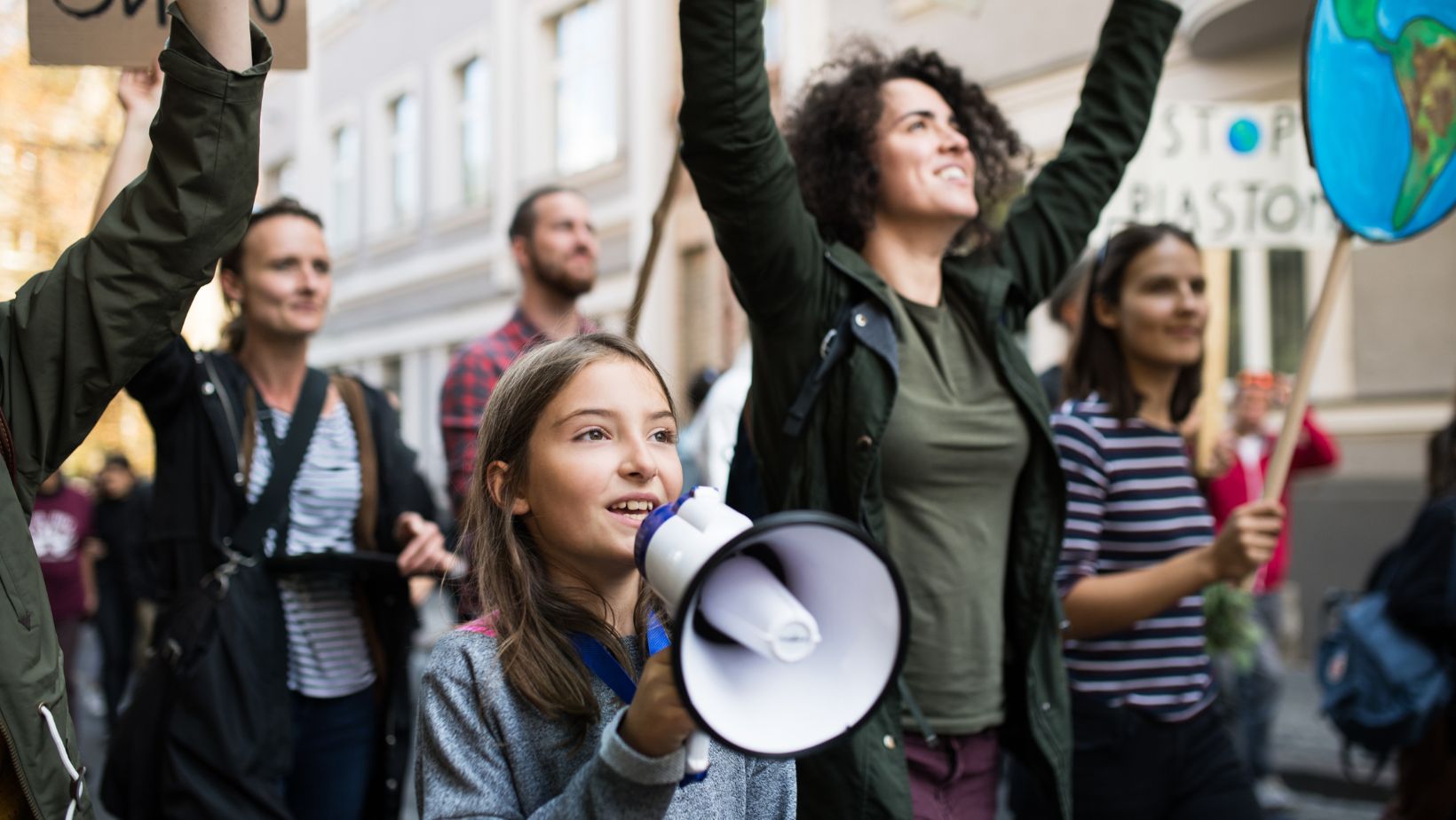
The CLIMentines
Empowered youth for climate action
-

Support to the settlement of temporary Shelter Areas in Earthquake Region Hatay/Türkiye
Thanks to the financial assistance from Fons Mallorqui, ALDA is supplying 264 beds to households residing in temporary shelters in Hatay.
-
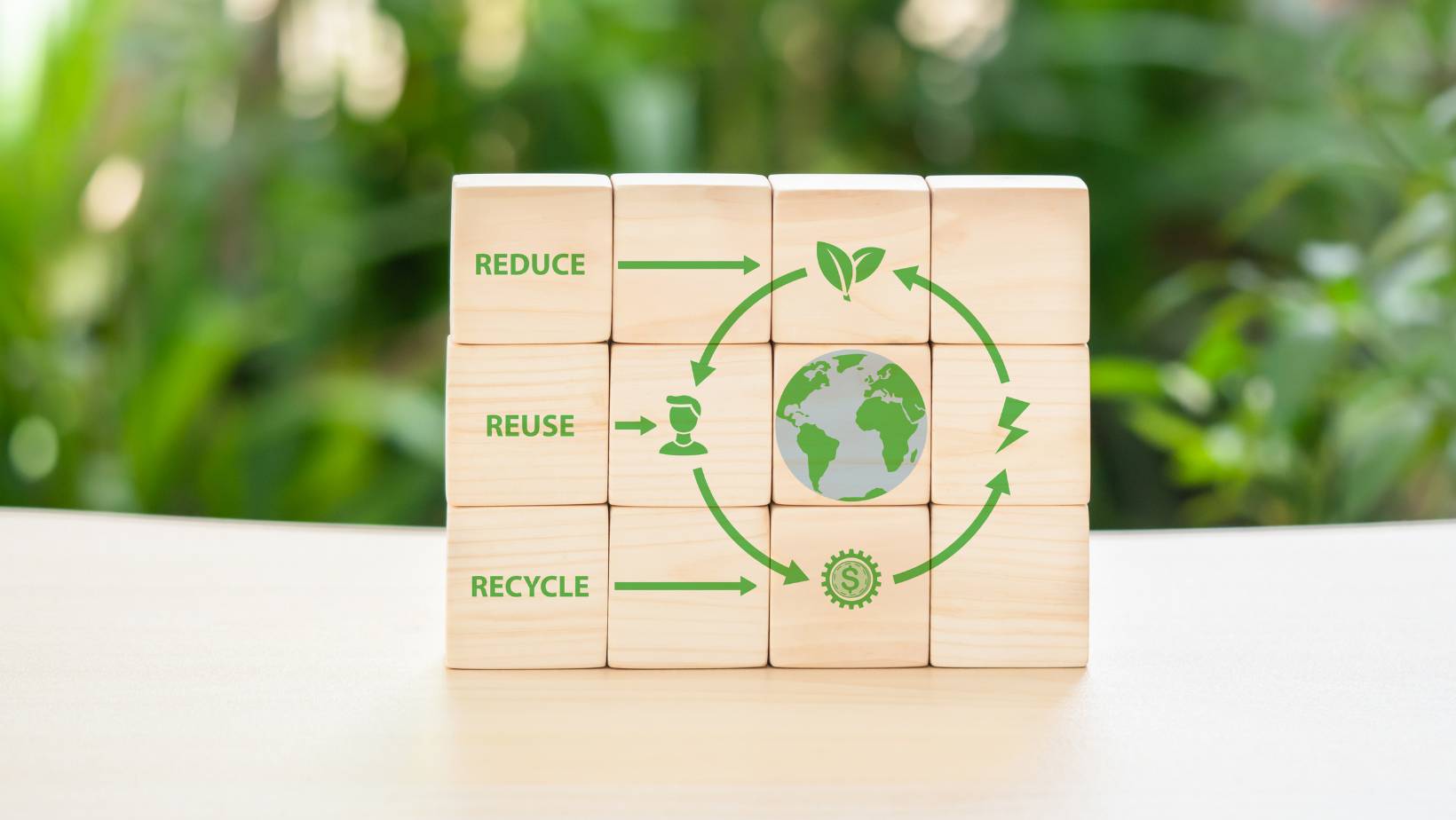
CID – Circular Design for bio-based innovation towards climate-neutral cities
A new vision of urban design, architecture, bio-innovation and climate neutrality.

